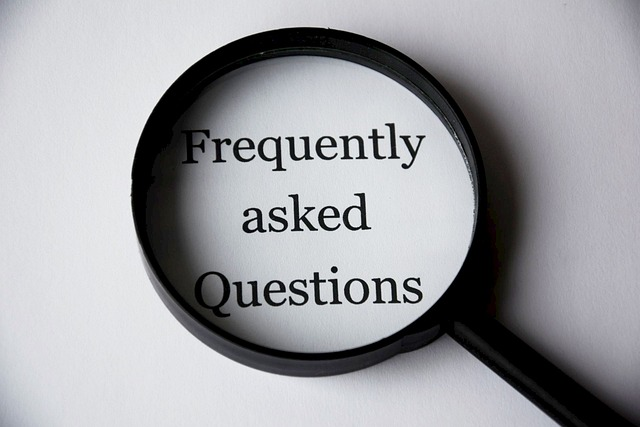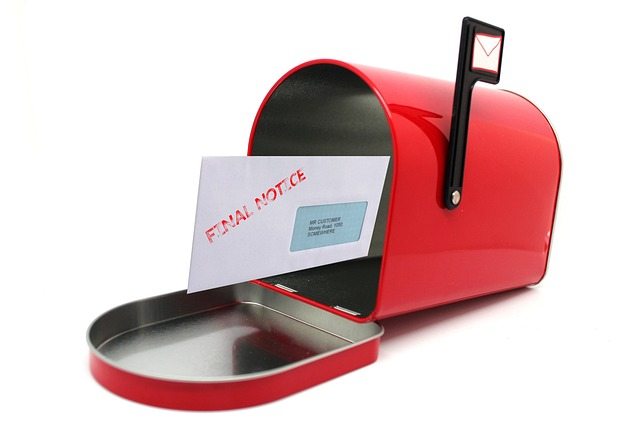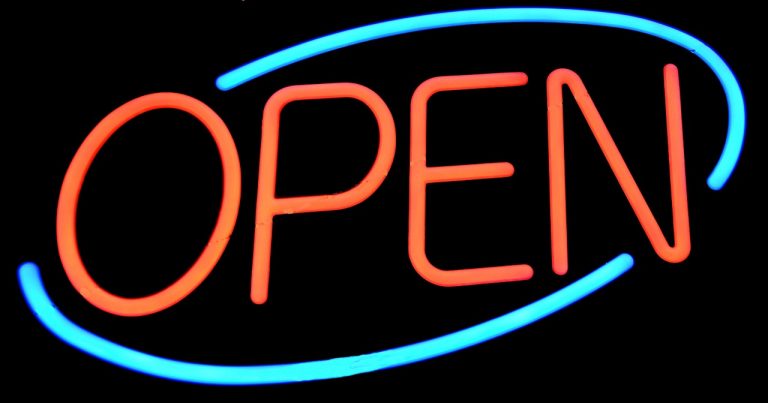What is an SBA Loan?
SBA loans are small business loans backed by the US Small Business Administration (SBA). The SBA does not directly lend money to businesses but guarantees a portion of the loan provided by approved lenders. The government-backed guarantee reduces the risk for these lenders.
Reducing the lender’s risk encourages financial institutions to lend to small businesses that might not otherwise meet their strict lending criteria. SBA-approved lenders include banks, credit unions, and alternative lenders.
The SBA loan program offers various types of loans to meet the diverse needs of small business owners. The SBA and SBA loans play a crucial role in supporting the growth and success of small businesses, helping to promote economic growth and development.
How do SBA Loans work?
SBA loans are often considered the gold standard of small business financing. With backing from the federal government, lenders typically offer higher borrowing amounts at lower interest rates and longer repayment terms.
SBA Loan Features include:
- Loan Amount: $50k – $5 million.
- Interest Rate: Starting at Prime + 2.75%.
- Loan Term: 5 – 25 years.
- Speed: 8 – 12 Weeks.
SBA Lenders
SBA lenders are financial institutions that the Small Business Administration approves to provide loans to small businesses. Small business owners can apply at a traditional bank, a credit union, or an online lender when applying for an SBA loan.
Each type of lender may have different requirements, interest rates, and application processes. Banks may require more extensive documentation and have stricter eligibility criteria, while credit unions may offer more personalized service and potentially lower interest rates.
Online lenders may provide a quicker approval process and easier access to funds but may also have higher interest rates. Small business owners should carefully consider their options and choose the lender that best fits their needs and financial situation.
Loan Uses
SBA loans can be used for a variety of purposes to help small businesses thrive. There are different SBA loans for various needs.
SBA 7(a) Loans: Widely considered the most popular and versatile SBA loan option, the loans offer funding for various business needs such as working capital, equipment financing, purchasing business vehicles, and even real estate purchases. Entrepreneurs and small business owners often turn to SBA 7(a) loans for their flexibility and ability to support a wide range of business expenses.
SBA 504 Loans: Small businesses typically use SBA 504 loans to finance fixed assets, such as commercial real estate purchases or major equipment acquisitions. These loans offer long-term fixed rates, making them a popular choice for businesses looking to expand their physical assets.
SBA Express Loans: Provides faster access to funding with a maximum loan amount of $500k that can be used for working capital, purchasing inventory, equipment financing, or even refinancing existing debt. The SBA Express Loan allows small businesses to address various financial needs and opportunities.
SBA Microloan: This loan program provides startup funding, offering small amounts of capital to help launch or expand their businesses. These loans provide accessible financing options for individuals who may not qualify for traditional bank loans, supporting the growth of small businesses in various industries.
SBA Disaster Loans: Small business owners can use SBA disaster loans to recover from natural disasters or emergencies that have caused physical or economic damage to their business. These loans provide funding to repair or replace damaged property, inventory, and equipment or cover operating expenses during recovery.
How do I calculate SBA Loan Costs?
Calculating the costs of SBA loan payments involves considering several factors. Start with the lender’s interest rate. This rate can vary based on the type of SBA loan you’re applying for and your creditworthiness.
Consider any fees associated with the loan, such as origination fees, closing costs, and servicing fees. These fees can add up and significantly impact the overall cost of the loan. Factor in the repayment terms, including the length of the loan and the frequency of payments. By carefully examining these elements, you can get a clearer picture of the total costs of an SBA loan.
Use an SBA Loan Calculator
A business loan calculator is a handy tool for determining the costs associated with small business loans. The calculator considers factors like loan amounts and repayment terms, which directly impact the overall costs of the loan. For instance, a higher loan amount or longer repayment term can result in higher total costs over time.
Several resources provide SBA loan calculators. You can visit the Forbes SBA loan calculator to estimate your costs. Keep in might that these tools can only approximate the costs. You can work with a lender or business loan broker for concrete numbers.
Amortization Schedule
The amortization schedule provides a detailed breakdown of your loan payments and balances. This schedule allows you to see how much of each payment goes towards interest and principal, helping you understand how your payments are applied to your loan balance over time. Ensure you review the amortization table in any loan agreement or request an amortization schedule from the lender.
Who qualifies for SBA Loans?
SBA loan qualifications largely depend on the lender. In most cases, the small business owner must have good to excellent credit, high annual revenue, and at least a few years in operation.
Approved businesses we work with here at UCS typically meet the following minimum requirements:
- Credit score: 650+
- Annual Revenue: $360K+
- Time in business: 2+ years.
SBA Eligibility Requirements
While the SBA leaves most loan qualifications to the lender’s discretion, it has some minimum eligibility standards. These include:
- Must be a for-profit business.
- Must operate in the United States or its territories.
- Must have invested equity in the business.
- Must have exhausted other financial resources.
How do I apply for an SBA Loan?
United Capital Source has partnerships with selected SBA lenders. This allows us to approve and distribute loans in as little as three weeks. Here’s how to get started:
Step 1: Make Sure You Qualify
If you’re looking for longer terms and the lowest possible interest rate, make sure you fulfill the general requirements with flying colors. Your credit score should be well over 650-700, and your cash flow should be highly consistent month-to-month.
Also, since SBA Loans are designed for large-scale investments, you should be able to support your desired investment with sufficient data. This is the only product where the funds’ purpose plays a considerable role, regardless of where you apply.
Step 2: Gather Your Documents
SBA Loans require the following documents and information:
- Driver’s License
- Business license or certificate
- Voided Business Check (for business bank account information)
- Bank Statements
- Credit Report/Statement of Personal Credit History
- Business Tax Returns
- Credit Card Processing Statements
- Personal Tax Returns – 3 Years
- Business Tax Returns – 3 Years
- Business Plan (Not in all cases)
- Personal Financial Statement
- List of Real Estate Owned
- Debt Schedule/Loan/Rent/Lease Documentation
- Deeds/Title/Ownership documentation for any collateral/Security
- Current Profit & Loss Statements and Balance Sheet Year-to-Date
- A/R and A/P Reports
- United Capital Source 1 Page Application
Step 3: Fill Out Application
You can begin the application process by calling us or filling out our one-page online application. Either way, you’ll be asked to enter the information from the previous section along with your desired funding amount.
Step 4: Speak to a Representative
Once you apply, a representative will contact you to explain the repayment structure, rates, and terms of your available options. This way, you won’t have to worry about surprises or hidden fees during repayment.
Step 5: Receive Approval
SBA Loans through our network generally take 3-5 weeks to process. Once approved and your file is closed, funds should appear in your bank account in a few business days.
What are the benefits of SBA Loans?
SBA loans offer several advantages to small businesses looking for funding. Some benefits include lower down payments than traditional loans, longer repayment terms that can help with cash flow management, and competitive interest rates.
Since the federal government partially guarantees these loans, they often have more flexible eligibility requirements than traditional loans, making them accessible to a broader range of businesses. Another advantage is that SBA loan proceeds can be used for various purposes, such as purchasing equipment, real estate, or working capital.
Making timely payments on SBA loans helps businesses establish or improve their credit history, which can be beneficial for future borrowing needs. SBA loans provide small businesses with a valuable financing option that can support growth and stability.
What are the drawbacks of SBA Loans?
SBA loans, while beneficial, come with some drawbacks. Small business owners might find it challenging to meet the strict eligibility requirements set by lenders for SBA loans. Compared to other financing options, borrowers may have longer repayment terms when opting for an SBA loan, impacting their financial flexibility.
The application process for SBA loans is time-consuming and demands extensive documentation from small business owners. This could delay the approval process and hinder quick access to funds that businesses often require urgently. Despite their benefits, these factors make SBA loans less appealing for some small businesses seeking faster, more straightforward financing solutions.
SBA Loan Pros & Cons
Pros:
- Lower interest rates compared to traditional loans.
- Longer repayment terms make the monthly payment more manageable.
- Access to capital for small businesses that may not qualify for traditional bank loans.
- SBA guarantees a portion of the loan, reducing risk for lenders.
Cons:
- Lengthy application process with extensive documentation requirements.
- Strict eligibility criteria, including personal guarantee and collateral.
- Longer terms result in more total interest paid during the loan.
- Potential for slower approval times compared to alternative lenders.
Frequently Asked Questions
Here are the most common questions about SBA loans and using an SBA loan calculator.
How does SBA Loan repayment work?
Repayment terms for SBA loans vary, ranging from 5 to 25 years, based on the type of loan program. In most cases, you’ll have fixed monthly payments. The monthly SBA loan payment consists of both principal and interest.
These payments are calculated based on factors like the loan amount, interest rate, and amortization schedule. For instance, a longer repayment term may result in lower monthly payments but higher overall interest.
What information do I need when using an SBA Loan Calculator?
To use an SBA loan calculator, you typically need to provide information such as the loan amount you seek, the interest rate, the loan term, and any fees associated with the loan. Additionally, you may need to input details about your business’s revenue, expenses, and credit score to get a more accurate estimated monthly payment.
Some calculators may also ask for information about the type of loan you are considering, such as an SBA 7(a) loan or a CDC/504 loan. Entering these details into the calculator can give you an idea of what your monthly payments might look like and how much interest you could pay over the life of the loan.
Can I get an SBA Loan with Bad Credit?
Small business owners with bad credit typically can’t get an SBA loan. While government backing does ease credit standards from traditional bank loans, potential borrowers must still have good credit.
For example, a traditional business term loan from a bank might have a minimum credit score requirement of 740-850. That same bank might lower the requirement to 670 for SBA loans, which would still exclude bad credit borrowers.
SBA loans often have high credit score requirements compared to alternative or online business loans, typically for borrowers with fair to good credit (FICO scores between 620-740).
Bad Credit Business Loans
Some alternative lenders specialize in bad credit business loans. These loans can be a lifeline for entrepreneurs who have struggled with their credit history but still need funding to grow their businesses.
Bad credit business loans are usually short-term funding options with lower borrowing amounts and higher interest and fees. That can lead to high payments, which some businesses may struggle to meet.
On the other hand, most lenders offer quick and easy applications, making funding more accessible. Timely payments can help repair damaged credit. Some small business owners use business loans for bad credit as bridge financing until they qualify for more advantageous options, like an SBA loan.
What are my alternatives to SBA Loans?
Small business owners have many funding options outside of SBA loans. Here at UCS, our loan executives can help connect you with various financing options through our network of lenders.
You might be interested in one of the following small business loans:
- Business line of credit.
- Business loans for women.
- Business term loans.
- Equipment financing.
- Accounts receivable factoring.
- Merchant cash advance.
- Revenue-based business loans.
- Working capital loans.
SBA Loan Calculator – Final Thoughts
SBA loans can be a valuable tool for growing your business, but they have benefits and drawbacks. As you weigh your options, consider how these loans align with your long-term goals and financial strategy. An SBA loan calculator could be a valuable tool to help you strategize your loan options.
Contact us if you have more questions about estimating SBA loan costs or to apply for a small business loan. Our alternative business loan experts can help you find the best options for your needs and break down loan costs.
















